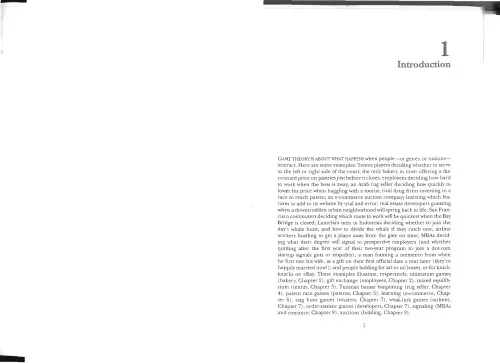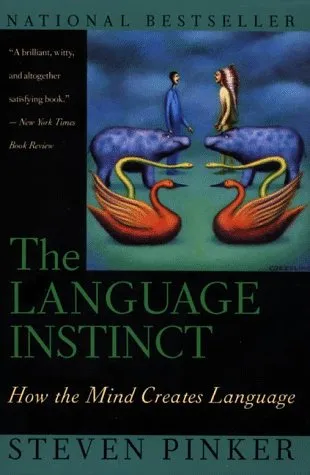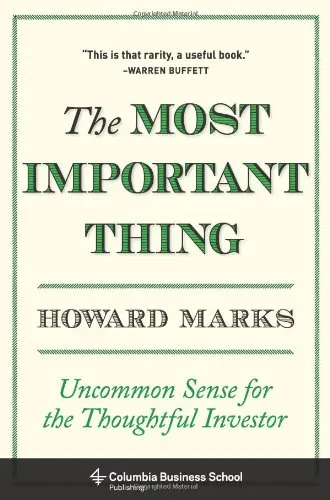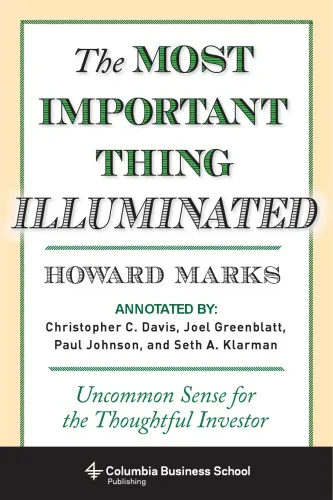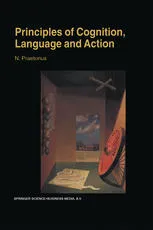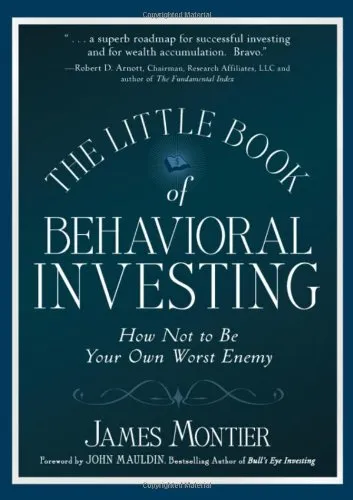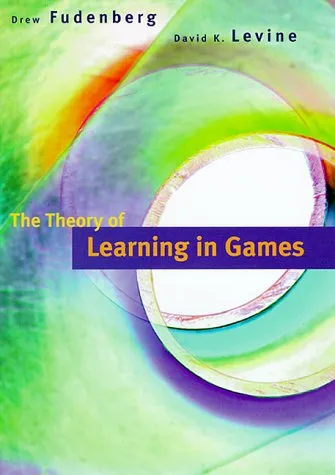Behavioral Game Theory-Experiments in Strategic Interaction
4.5
Reviews from our users

You Can Ask your questions from this book's AI after Login
Each download or ask from book AI costs 2 points. To earn more free points, please visit the Points Guide Page and complete some valuable actions.Related Refrences:
Introduction to "Behavioral Game Theory: Experiments in Strategic Interaction"
"Behavioral Game Theory: Experiments in Strategic Interaction," authored by Colin F. Camerer, offers a groundbreaking exploration of how human behavior intersects with the mathematical models of strategic decision-making. Unlike classical game theory, which assumes that players are perfectly rational, Behavioral Game Theory integrates psychological insights to account for human limitations and social preferences. This book bridges the gap between theoretical predictions and real-world behaviors, making it an indispensable resource for anyone interested in economics, psychology, sociology, or decision sciences.
Through a detailed examination of experiments and real-world applications, this book provides rich insights into why people act the way they do in strategic situations. It combines meticulous empirical data with theoretical modeling, encouraging readers to rethink some of the fundamental assumptions in traditional game theory. Whether you are an academic researcher, a student, or a professional in a related field, this book is designed to deepen your understanding of strategic interaction in a way that reflects actual human behavior.
Detailed Summary of the Book
Behavioral Game Theory begins by addressing the limitations of classical game theory. Standard models assume that individuals are fully rational, have complete information, and aim to maximize their own utility. Camerer challenges these assumptions by emphasizing the importance of "bounded rationality," as well as the roles of fairness, reciprocity, and social norms in real-world decision-making.
The book is divided into sections that tackle various behavioral factors influencing strategic interaction. Topics include:
- Bounded Rationality: How cognitive limitations affect decision-making and lead to deviations from standard predictions.
- Learning in Games: How individuals adjust their strategies through repeated interactions, gradually improving their understanding of opponents' behaviors.
- Social Preferences: How fairness, altruism, and reciprocity shape the outcomes of strategic games, often in ways that contradict purely self-interested models.
- Coordination and Cooperation: Analyzing when and why individuals manage to work together, even when incentives push them toward selfishness.
Camerer uses a combination of lab experiments, computational modeling, and field data to explore these ideas. For each topic, the book systematically introduces the theoretical framework, discusses experimental results, and derives insights that refine and expand traditional game-theoretic models.
Key Takeaways
- Behavior in strategic situations is not always fully rational; human preferences for fairness, trust, and reciprocity often drive decision-making.
- Empirical evidence from experiments plays a crucial role in testing theoretical game models, revealing their strengths and limitations.
- Learning and adaptation are critical components of strategic interaction, as participants refine strategies over time through experience.
- Behavioral Game Theory provides a more accurate and human-centered approach to understanding strategic situations, offering practical insights for policymakers, businesses, and individuals.
- Combining economics, psychology, and sociology leads to a richer understanding of decision-making and makes game theory more applicable to real-life problems.
Famous Quotes from the Book
Here are some thought-provoking quotes from "Behavioral Game Theory":
"In strategic interactions, rarely is the first move purely rational; instead, it is shaped by expectations, trust, and a sense of fairness."
"Behavioral game theory challenges the idealized notions of classical economics by incorporating what really drives people: not perfect rationality, but bounded cognition, evolving preferences, and emotional underpinnings."
"Experimental economics teaches us not only about human behavior but also about the power of theory when combined with empirical testing."
Why This Book Matters
"Behavioral Game Theory" is a pioneering work because it breaks free from the rigid assumptions of classical models and incorporates real human behaviors into the study of strategic interaction. This makes the book not only academically groundbreaking but also practically useful.
For economists and psychologists, it provides a framework for understanding the interplay between rationality and emotion. For business leaders and policymakers, it offers actionable insights into negotiation, teamwork, and decision-making in high-stakes environments. Finally, for students and researchers, the book serves as both a textbook and a reference guide, rich in data and theoretical innovation.
By connecting the dots between theory, experimentation, and real-world applications, Camerer demonstrates the profound relevance of Behavioral Game Theory across various disciplines. It encourages critical thinking, pushes the boundaries of traditional frameworks, and suggests more nuanced, human-centered approaches to modeling strategic decisions. This is a book that equips its readers with the tools to better understand—and navigate—the complexities of human interaction.
Free Direct Download
You Can Download this book after Login
Accessing books through legal platforms and public libraries not only supports the rights of authors and publishers but also contributes to the sustainability of reading culture. Before downloading, please take a moment to consider these options.
Find this book on other platforms:
WorldCat helps you find books in libraries worldwide.
See ratings, reviews, and discussions on Goodreads.
Find and buy rare or used books on AbeBooks.
